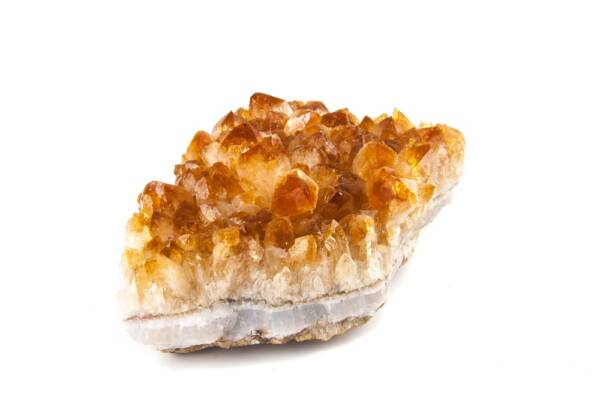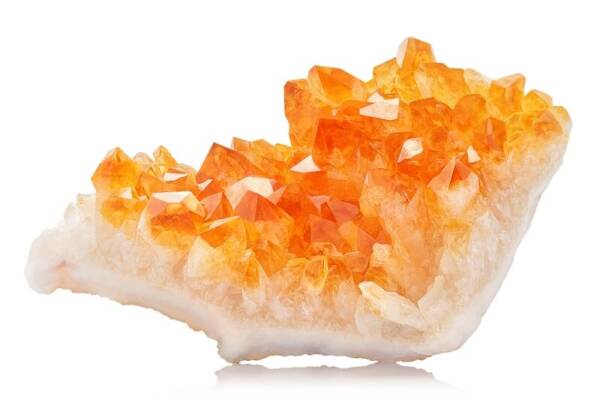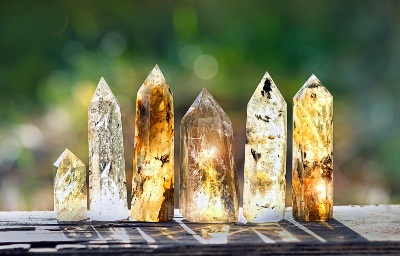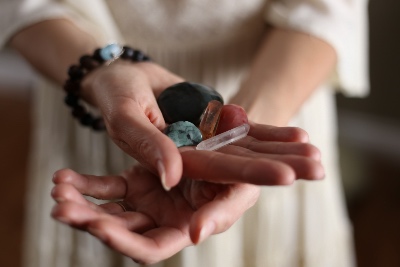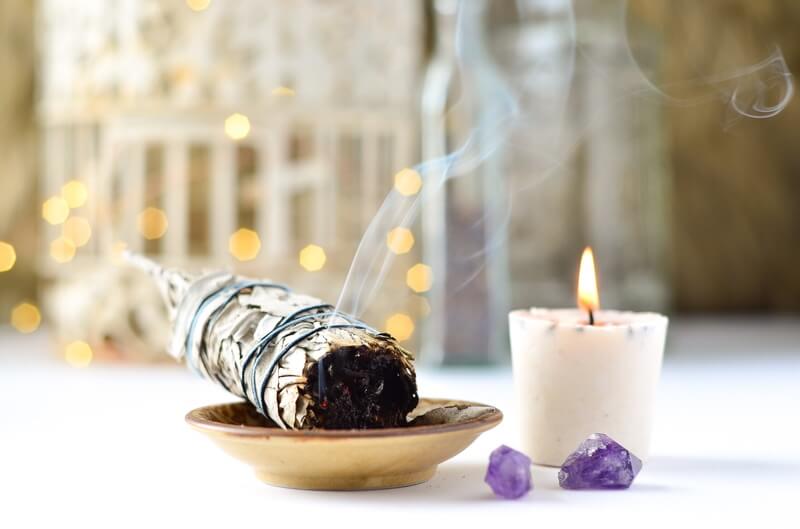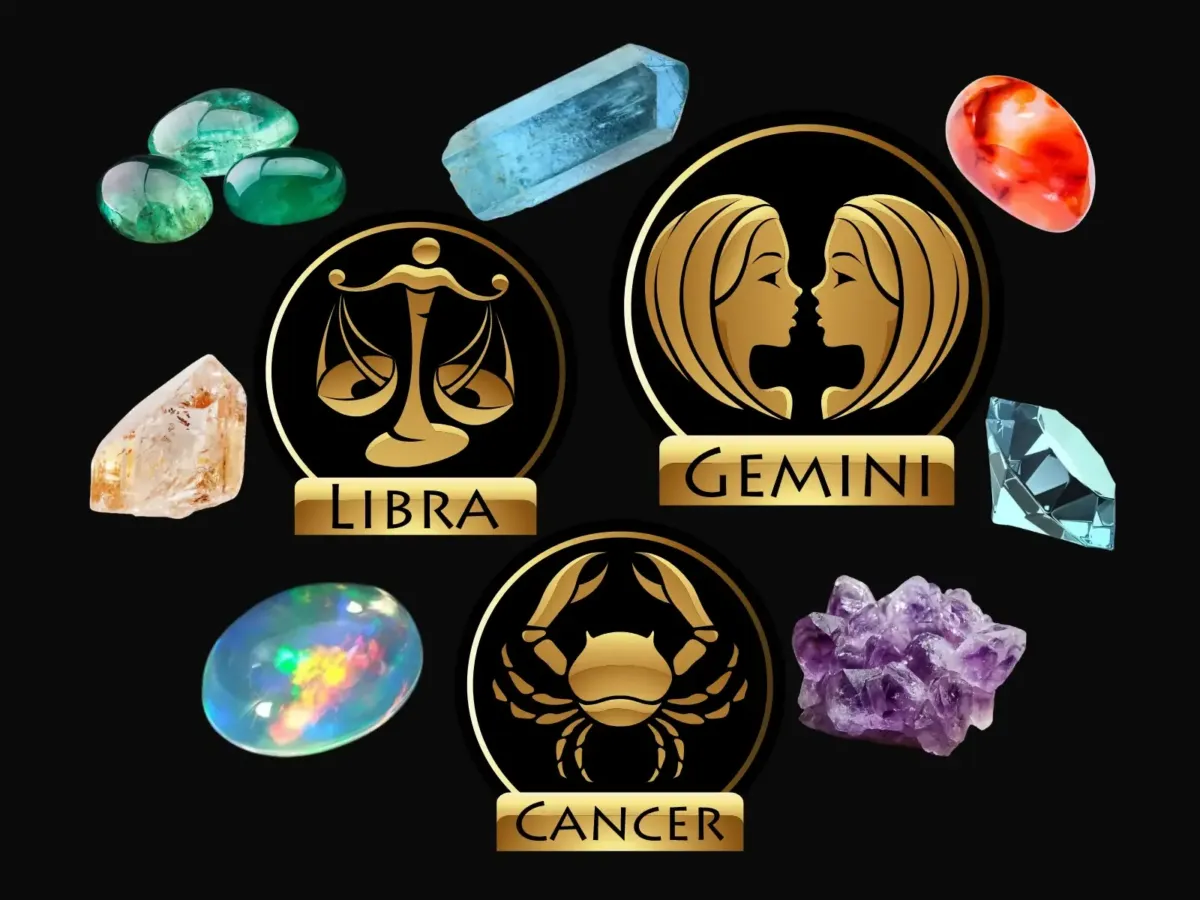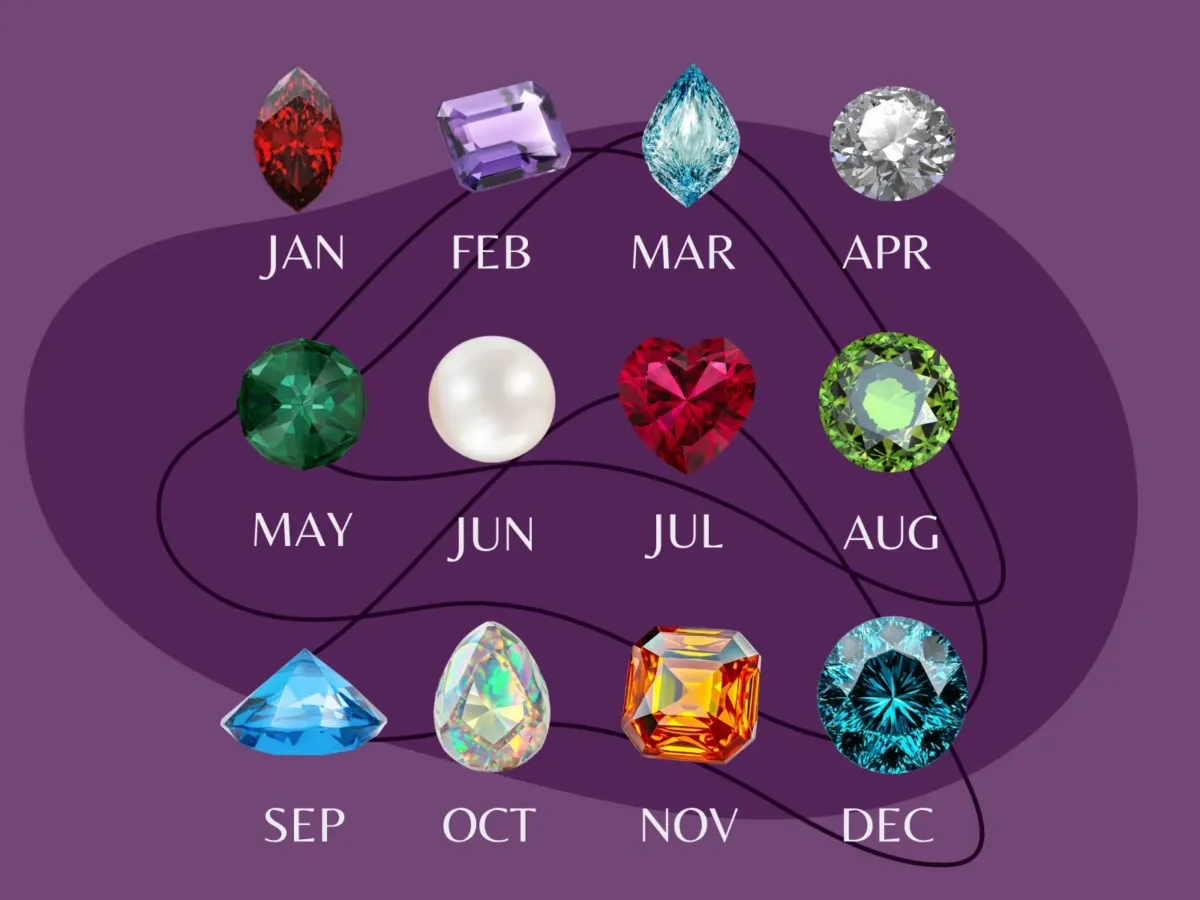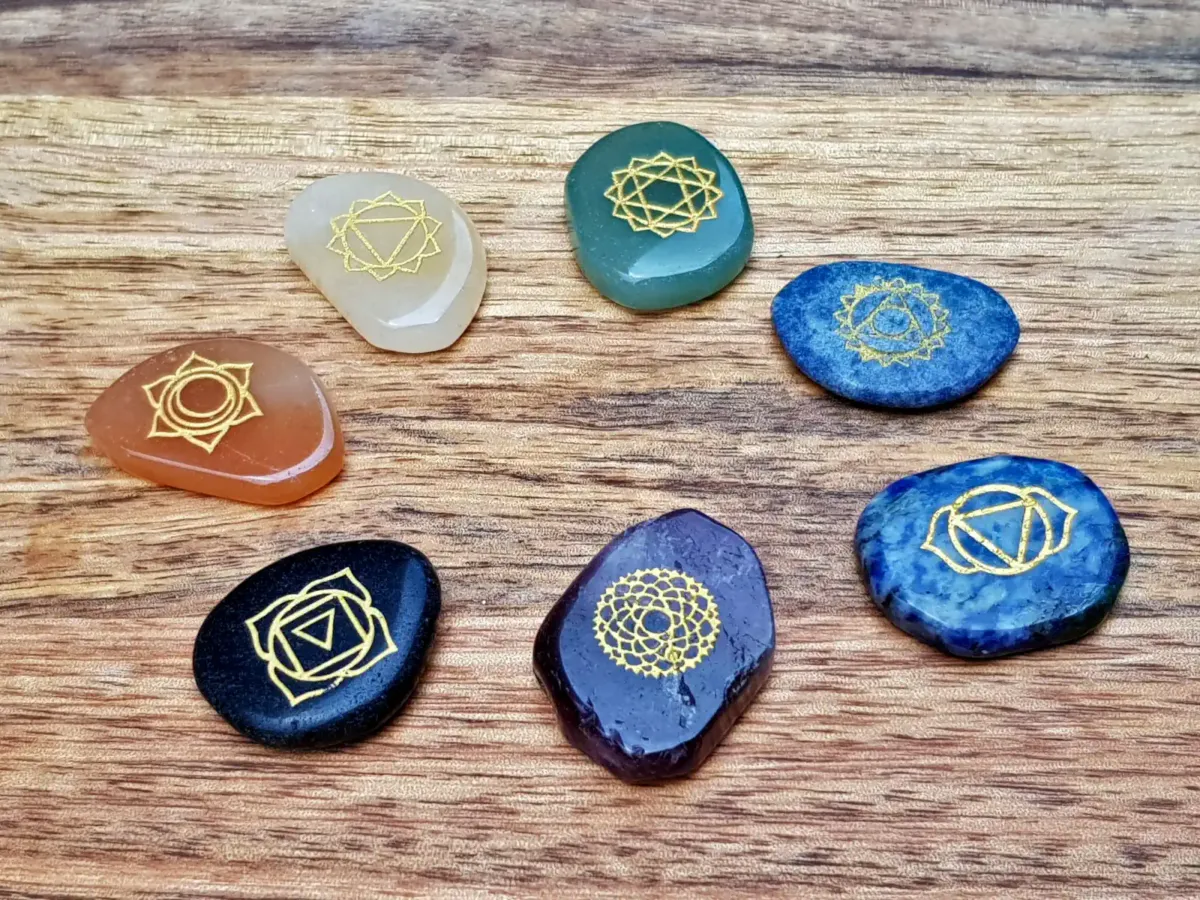Can Citrine Go In Water? Here’s What You Need To Know…
Since Citrine is one of the most popular healing crystals out there, it’s not surprising that many people want to know if Citrine can go in water or not.
This guide will help explain the conditions and situations where you can put your Citrine in water, and how to protect your stone in the long term.
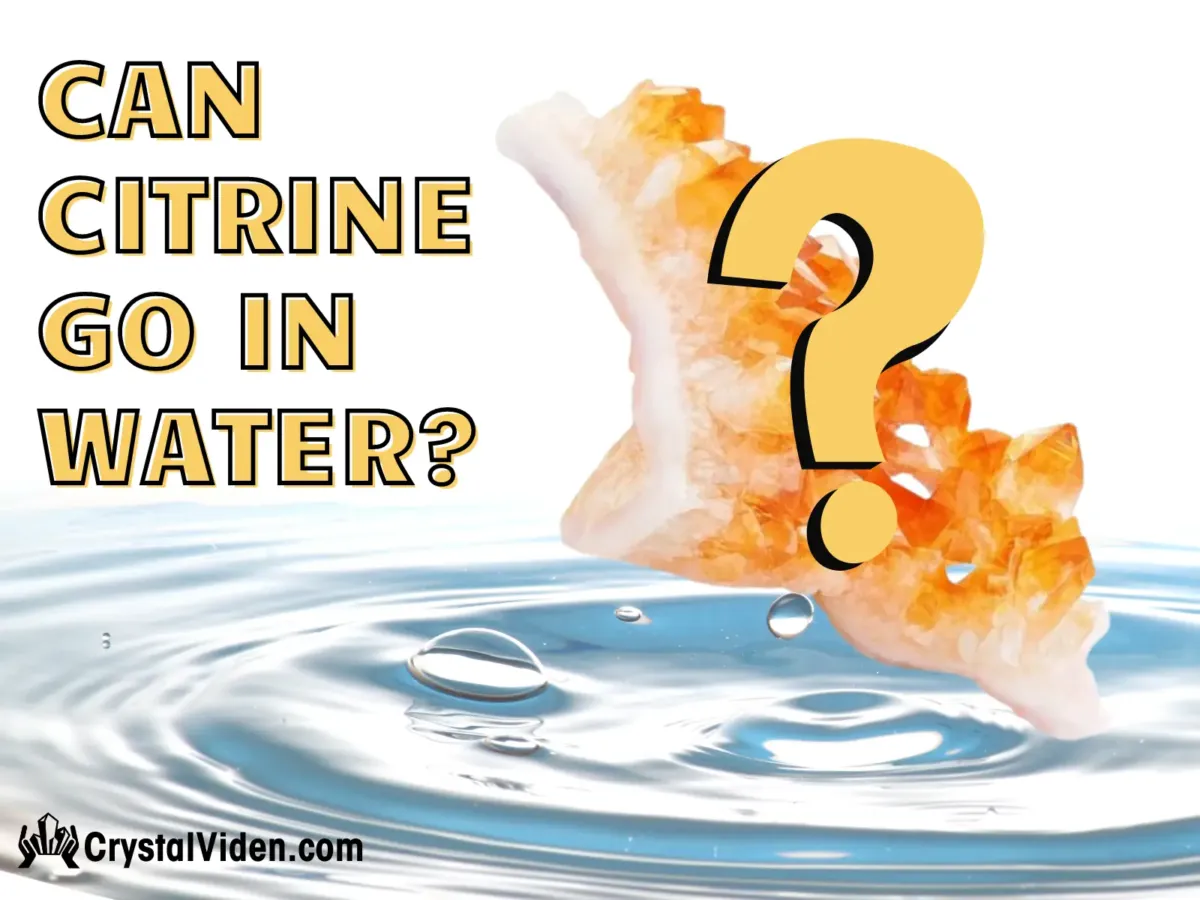
Table of Contents
Can Citrine Go In Water?
Citrine, a stone that ranges in color from light yellow to a fiery, orangish red, is very popular with stone enthusiasts. Whether it’s used in jewelry, feng shui or as a meditation focus, this stone is brimming with beauty and potential.
Many people who own Citrine are curious to know whether it’s safe to place their stone in water. The most basic answer to this inquiry is: yes. However, like with most things, there are varying opinions and exceptions to the rule. Because it’s always a good thing to get a more complete picture of any situation, let’s take a quick look at both sides of the Citrine-in-water debate.
From a purely scientific point of view, it’s perfectly safe to put Citrine in water. The most common way to tell if a stone can go in water is to check its position on the Mohs Hardness Scale. Any stone that is a 6 or above on the Mohs Scale is not water soluble and can be placed in water without an issue. Citrine, a form of crystalline Quartz, lands at a 7 on the Mohs scale, so this stone is fine if it comes in contact with water.
There are other ways to determine if Citrine is water safe, such as the actual chemical composition of the stone in question, but the Mohs Scale is maybe the easiest way to tell.
Even though Citrine can go in water, it’s not recommended that you do this for prolonged periods of time. Regular exposure to water may cause tiny cracks to develop in the stone. These cracks can be so small that you don’t even notice them until they actually cause your Citrine to break.
Secondly, overexposure to water will often cause your stone to look dull, and you may even notice a slight color change over time. Some polished stones are treated to make them look extra shiny, and soaking your Citrine in water may remove this enhancement, making it appear less vibrant. Also, regular exposure to water may cause inclusions in the stone to rust and create significant color changes.
All of that being said, it is fine to put your Citrine in water occasionally. It’s prolonged exposure to water that is the real issue.
When Should You Put It In Water?
Citrine, like other healing crystals, picks up a ton of negative energies and toxic vibrations as it works hard to protect you and help you heal. All of these energies can really take a toll on your stone, thereby leaving it dull, depleted and not working at its full capacity.
This is why your Citrine needs to be cleansed of negative impurities on a pretty regular basis. Once a week is great if it’s possible. There are many different methods for this, but using water is an easy and very common way to do it.
Since water is such an essential, healing and nourishing part of our daily lives, it makes sense to help reenergize and nourish your Citrine with water.
Can Citrine Go In Salt Water?
Although you may receive advice to the contrary, our position is that Citrine should never go in salt water. Putting Citrine in salt water is something that many owners do, but we feel that using salt water is more apt to do harm than good.
The regular use of a salt water bath for your stone may cause a change in the appearance of your stone, and it may even create tiny, invisible fissures in the stone. Eventually, your Citrine could even break apart from these cracks.
If you feel like you want to introduce salt into the picture, then using dry salt is the better option. However, please remember to rinse your Citrine thoroughly to remove all salt residue.
Can Citrine Go In Moon Water?
Putting your Citrine in moon water is something that can be quite effective. However, many people don’t know about this method! As we mentioned above, getting your Citrine wet regularly, giving it a treatment with moon water is absolutely fine, just not for extended time.
Moon water is pretty much what it sounds like. It’s water that has been allowed to steep in the rays of the moon. Since a full moon is said to provide a multitude of enhanced benefits, it’s best to use moon water that comes from the moon when it’s at its fullest.
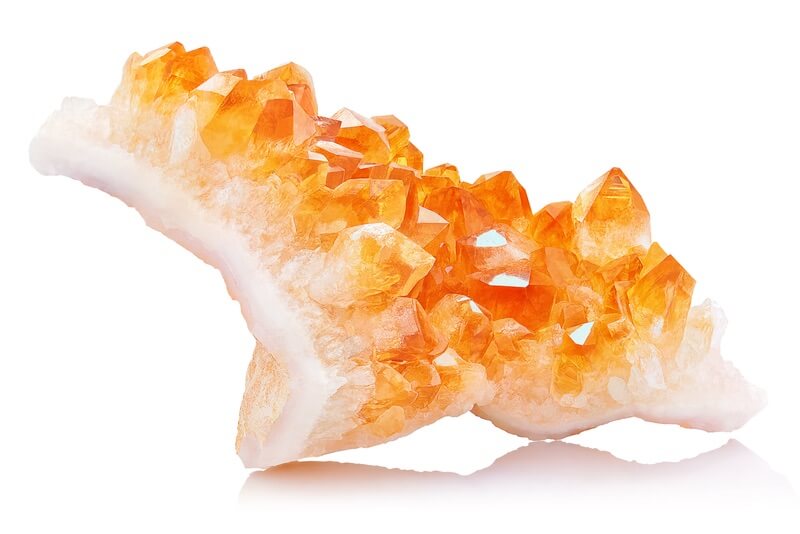
There are a couple of ways to use moon water for cleansing.
- The first way is to fill a clean jar with pure water, place your Citrine in the jar and put the jar on a moon-filled windowsill. Leave the jar in the moonlight overnight for best results.
- The second way (which we love) is to place a clean jar of water in the moonlight overnight, pour the moon water into a spray bottle and use it to mist your Citrine and other healing stones you may have. Using this method means that you will have specially charged moon water at your disposal for weeks, and you won’t be submerging your stone directly in water.
Can You Wear It While You Shower Or Take A Bath?
If you don’t want to remove your Citrine jewelry while taking a bath or shower, it’s alright to leave it on since Citrine can get wet. However, we don’t suggest making this a daily habit for the reasons that we already discussed.
There are a couple of drawbacks to wearing your Citrine in the bath or shower, and we think they are worth knowing about. Your stone may be damaged if the water is too cold or too hot. Of course, you probably won’t damage your Citrine if you wear it once or twice in an off-temperature shower or bath, but doing so could hurt your stone over time.
The other thing to think about is the quality of your water and the kinds of chemicals the stone could come in contact with. Hard water, highly chlorinated water or harsh bath gels or shampoos may affect the look and health of your stone.
Water Cleansing Methods For Citrine
As we already mentioned, Citrine can go in water, and many people opt for a cleansing method that involves water. Even though we don’t suggest using water as your primary method for this, there are certainly some very easy and spiritually uplifting ways to introduce water into the equation.
You can rinse your Citrine under running tap water or even in the flowing water of a river or stream. This stone may even be safely submerged in a jar of rainwater or clean, chemical-free water for a short period of time.
We explored earlier that moon water, whether in a jar or a spray bottle, can make a ray-filled and powerful cleansing water that draws all of the magic, healing and brilliance from the moon.
Unlike some other stones, Citrine can be safely used to create wonderful elixirs and infused water. Set your Citrine in a jar of spring water in the light of the full moon, leave it overnight and use the water as a healthy and spiritually charged infused water.
If you like to relax and recharge in the bathtub or shower, then you can use Citrine to create a ritual bathing experience that is very healing for both you and your stone. Once again, be careful not to use water that is too hot or too cold. Never use harsh chemicals or strong scents that could damage or offend your stone. Place your Citrine on the edge of the tub if a hot bath or shower is important to your bathing experience. You can still benefit from its healing vibrations.
Conclusion
Citrine can go in water, but it’s important to understand the situations where getting it wet is acceptable, and the situations where it can be harmful.
As long as you do that, you shouldn’t have trouble putting your Citrine in water from time to time. Just follow our recommendations and you’ll be all set!
